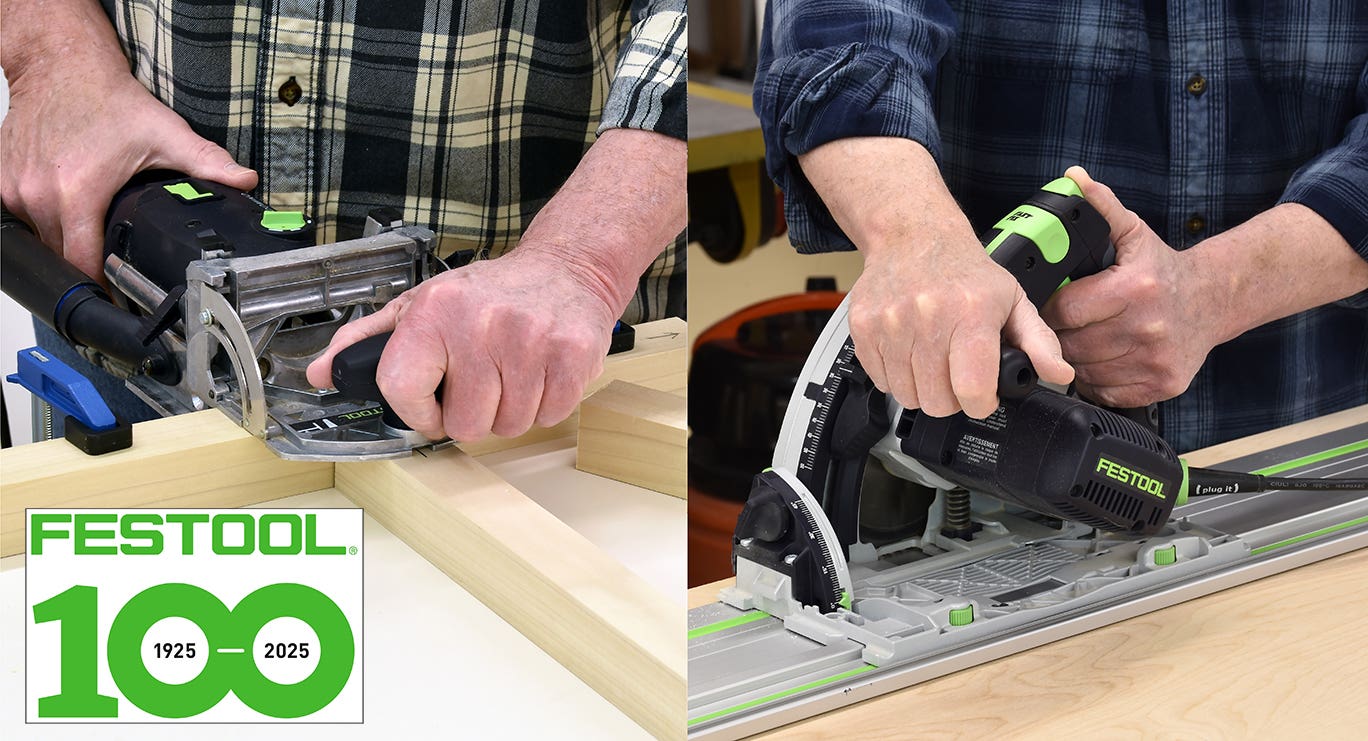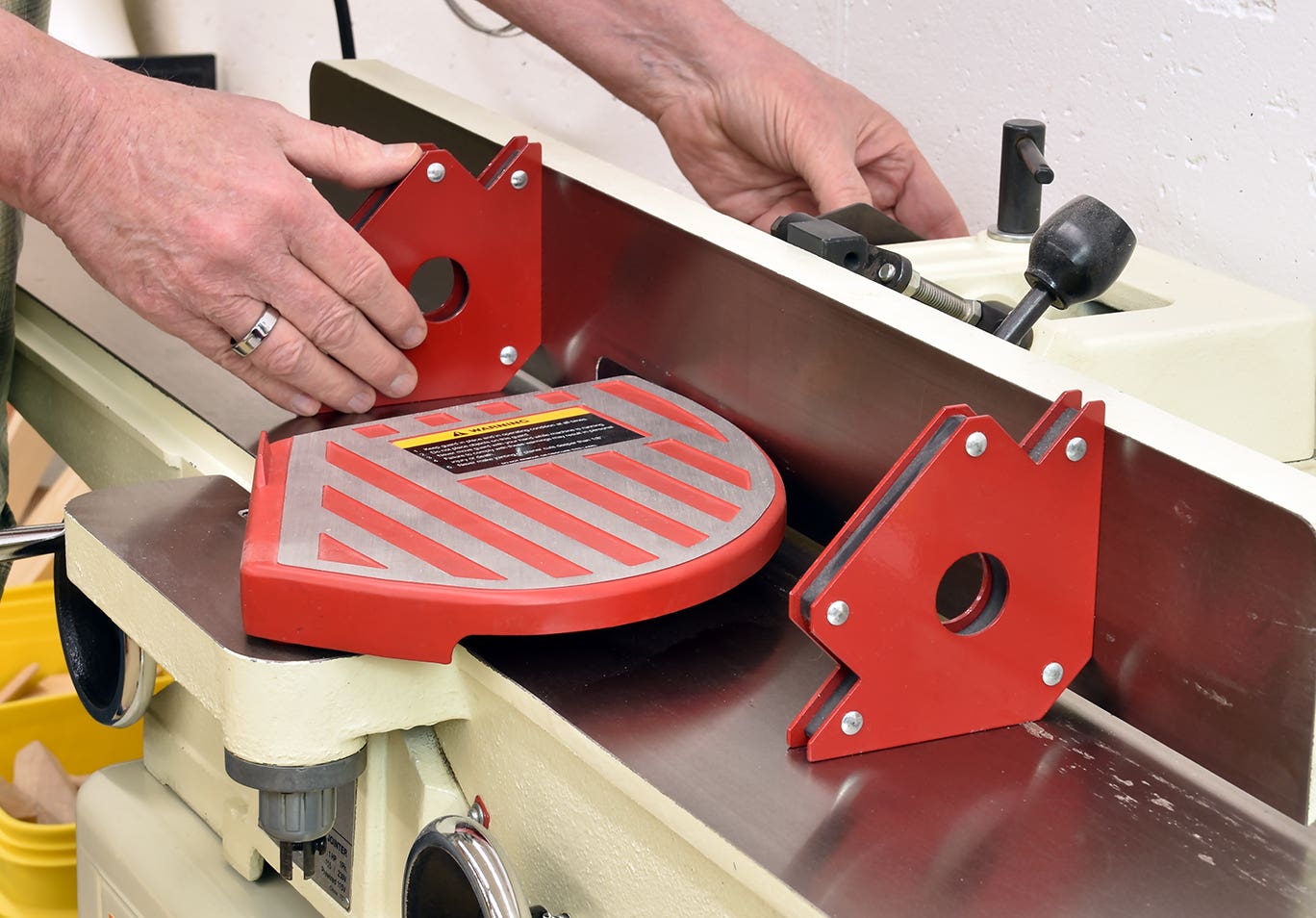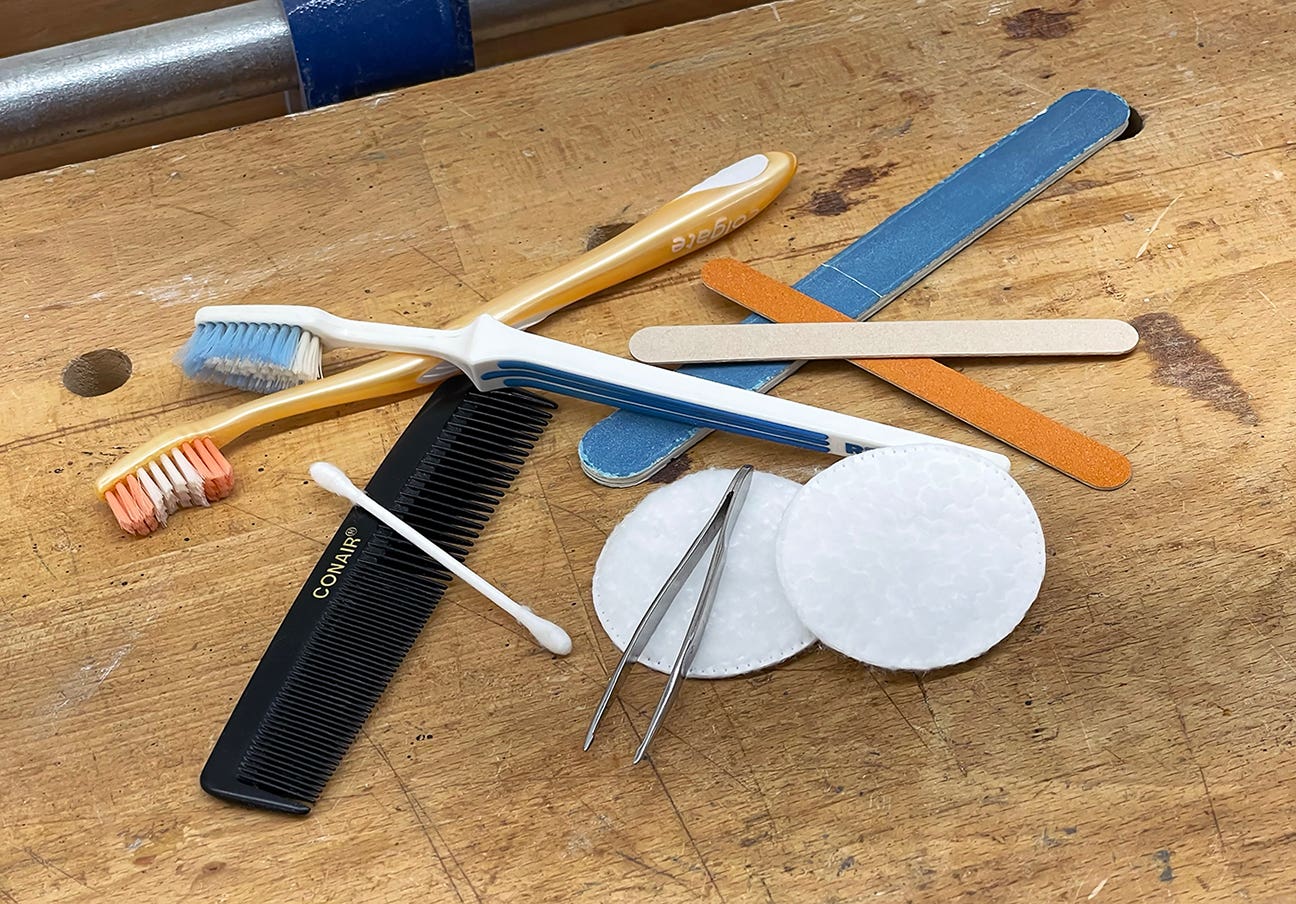Finishing schools for the serious student
There is no shortage of educational opportunities for woodworkers, from technical seminars held in conjunction with shows and classes at woodworking vendors, to dedicated institutes covering almost every aspect of…
There is no shortage of educational opportunities for woodworkers, from technical seminars held in conjunction with shows and classes at woodworking vendors, to dedicated institutes covering almost every aspect of woodworking.
Once it comes to finishing, though, most of these treat the subject almost as an afterthought, even though on finished wood everything you see is through the lens of the finish.
Some of the application equipment suppliers will provide training for customers, generally focusing on the use of their equipment. Similarly, many coating material suppliers will conduct seminars to help its customers or prospects understand its products, but not the whole process.
There are a small number of institutions that provide comprehensive training on finishing, especially the type of finishing smaller woodworkers will or could do. I’ll describe three with which I have personal experience. Each of these institutions takes a different approach, giving the serious student some interesting choices.
American Wood Finishing Institute provides training at its world-class facility in Vineland, N.J., with a series of hands-on seminars, including spray operator training, multistep finishing, stain and color matching, and industrial wood finishing.
Phil Stevenson, the school’s CEO and finishing trainer, has been active in the wood finishing industry since 1980. He honed his skills in process training and new product development for the specialty finishes industry as the owner of Pro Finish. He also worked with major manufacturer Conestoga and opened the institute in 2000. The American Wood Finishing Institute quickly became recognized in the industrial finishing world as a place to send line employees as well as managers and owners to learn the basics and the details of finishing in an environment that provided the tools and equipment to do the job right.
The facility was built to train finishers. It’s not a converted factory floor or refinishing shop adapted to hold classes and it’s not a classroom with finishing tools brought in for the class. Each student has their own fully-equipped bench in a sanding and prep room, as well as a bench in the finishing lab.
In the finishing lab, coatings materials from a variety of manufacturers are available, including basic materials from which custom products can be produced. The spray booth area is fully equipped with a wide range of application equipment to allow complete training of spray operators.
In addition to the in-house classes, AWFI can design a training program to address specific needs, such as process improvement training, which can be taught at your facility.
While the emphasis at AWFI is on industrial processes, many of the classes are suited to the individual refinishing shop, custom builder and vendors of coatings products and equipment that need more knowledge about what they are selling. AWFI provides consultation, analysis, color styling, and video and online training courses. AWFI has also designed and presented training programs that certify spray operators under state and federal grants.
Further growth is in the works. AWFI will be moving to a new location in South Boston, Va., in the third quarter of 2011, occupying a 13,000-sq.-ft. research and training center. This expansion will allow for the use of automated application equipment, as well as infrared and UV curing setups. A major component of these plans is the development of new programs and curricula for industry-recognized certifications in coatings application.
The Alabama Center for Advanced Woodworking Technology is in Haleyville, Ala., an area rich with wood products manufacturing.
The center’s labs are equipped with the latest audio and visual technology. Classroom instructors can enhance their lessons with views from cameras placed in various locations, zooming down to microscopic detail to show the cellular structure of a slice of wood, while displaying explanatory text on a split screen. These lessons can be edited and packaged as finished video, PowerPoint and printed media, or streamed on the Internet for remote learning.
Bruce Jackson is the hands-on finishing expert at the center, bringing the experience and knowledge of 37 years as a university educator and industrial consultant to his position as assistant to director James Glasgow. Together they oversee industrial assistance, business-plan writing and seminar development.
A key feature of the center is its ability to partner with coatings and equipment vendors, industry groups like the Architectural Woodwork Institute, wood products manufacturers such as Merillat Cabinets and La-Z-Boy Furniture, and state and federal agencies such as the U.S. Department of Agriculture and the Environmental Protection Agency.
The facility is also used by clients to provide employee and customer training. As an example, Mohawk Finishing Products chose the center for a major national sales meeting that focused on spray finishing training that involved experts from Graco.
The National Institute of Wood Finishing is on the campus of Dakota County Technical College in Rosemount, Minn., and home to the only certified wood-finishing technology program in the United States.
Since 1973, the program has produced some of the nation’s best professional wood finishers, furniture restorers, spot-repair artists and prefinishers. The instructor, Mitch Kohanek, is a member of the American Institute of Conservation and has interned at the Smithsonian Institution’s Conservation Analytical Laboratory in Washington, D.C. The school has been featured in several national magazines, including Woodshop News, and Kohanek is a frequent lecturer and consultant to the finishing industry.
The backbone of the program is a nine-month, in-depth wood finishing program that covers woodworking necessary to do repairs to wood products, repair and restoration, finishing of new wood products, and furniture service technician. Students can study on a full- or part-time basis, receiving credit toward a wood-finishing diploma.
Classes are five to six hours per day, five days per week, for two 16-week semesters. The first semester begins in August and ends Dec. 23. The second semester begins in January and ends in May.
A highly desirable feature of the institute’s offerings is the summer seminar series. These are generally one-week seminars presented by guest instructors with special expertise in subject areas such as “Restoration, Chemistry and Technology of Transparent Furniture Coatings,” “Treatment of Polychrome,” and the more basic, but still quite detailed, “Finishing New Wood” and “Touch-up and Repair”.
Kohanek is admired by many of his students, current and past, for his meticulous and passionate approach. Students leave confident in their skills and knowledge, and with a work ethic and enthusiasm that is rare and invaluable.
Greg Williams, formerly senior touch-up and finishing instructor for Mohawk Finishing Products, is now a freelance instructor and consultant for finishing and touch-up. He can be reached at gregalwil@yahoo.com.
This article originally appeared in the June 2011 issue.







